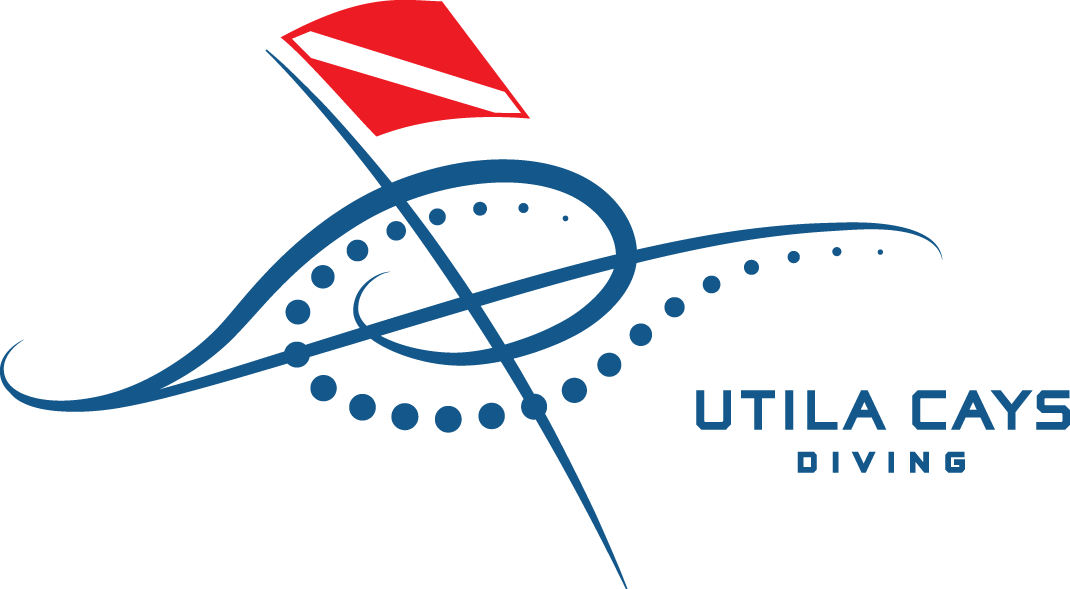PADI HIGHER LEVEL COURSES
WHY TAKE A
DIVE
COURSE?
Divers carry the most respected and sought after scuba credentials in the world.
No matter where you choose to dive, your certification will be recognized and accepted.
In fact, on most scuba diving adventures you’ll be surrounded by other divers who made the same certification choice you did – to train with the world’s largest and most respected scuba diving training organization,
To serve the needs of divers worldwide, translations of materials are available in over 28 languages.
WHY STUDY IN
THE BAY ISLANDS,
HONDURAS?
Islas de las Bahia (the Bay Islands) are part of the 2nd largest reef in the world, the Meso American Barrier Reef, and feature vibrant corals, multi-colored tropical fish, sponges as big as refrigerators and pelagics such as manta rays, sea turtles and whale sharks.
The Bay Islands are actually the mountaintops of an underwater mountain range called the Bonacca Ridge.
Divers enjoy warm tropical waters year-round, warm and friendly people, and great visibility! The primary languages are English and Spanish which makes getting around a breeze!
WHY CHOOSE
UTILA CAYS
DIVING?
No island in the Caribbean offers more distinctive or easily accessible dive sites than Utila. Our reefs and drop-offs are packed with colorful marine life and ideally suited for novices and experts alike.
You can see virtually every creature that lives in the Caribbean – whether you’re snorkeling near the surface, diving Utila's grand walls, or swimming through the Halliburton wreck.
Utila Cays Diving is the ONLY shop located near the NORTH side of the island, which means we are already half-way to the BEST sites in the Bay Islands!
RESCUE DIVER
Learn how to respond to emergencies in the water and get one step closer to Dive Master.
A very challenging yet rewarding experience, the Rescue Diver course prepares you to prevent, prepare for and respond to problems that might occur in the diving world. You will become competent at self rescue as well as recognizing and managing stress in other divers. The skills and realistic scenarios will give you practice rescuing both panicked and unresponsive divers, underwater and at the surface.
Requirements
15 years old (12 years old for Junior Rescue Diver)
(Junior) Adventure Diver (with Underwater Navigation Adventure Dive) (or qualifying certification from another organization
Be trained and current for first-aid and CPR within the previous two years (EFR or other agency) or add this.
Duration
2 days
Includes
Teaching materials, Taxes, Reef Fees, Professional Instruction and Diving certification
EMERGENCY FIRST RESPONSE PROVIDER (EFR)
Learn the skills required to save a life in and out of the water.
First aid, CPR and Secondary Care are important skills both in relation to scuba diving activities as well as in every day life. You will learn Basic Life Support, CPR and rescue breathing, spinal injury management and the use of barriers.
Requirements
none
Duration
1 day
Includes
Taxes and Professional Instruction
DIVE MASTER
Imagine being able to work at Dive shops around the world and have wicked skills underwater...
During the Divemaster program, you learn dive leadership skills through both classroom and independent study. You complete water skills and stamina exercises, as well as training exercises that stretch your ability to organize and solve problems as well as help others improve their scuba. You put this knowledge into action through a structured internship and series of practical training exercises. Contact us for more information to customize your course. This is your first step to becoming a working Dive professional!
Requirements
Advanced Open Water and Rescue Diver
Minimum age: 18 years old
Logged 40 scuba dives
Completed EFR Primary and Secondary Care Training within 24 months
Medically evaluated and cleared for diving by a physician within 12 months
OWN Scuba Gear is HIGHLY recommended
Duration
at least 3 weeks
Includes
Taxes, Reef Fees and Professional Instruction
